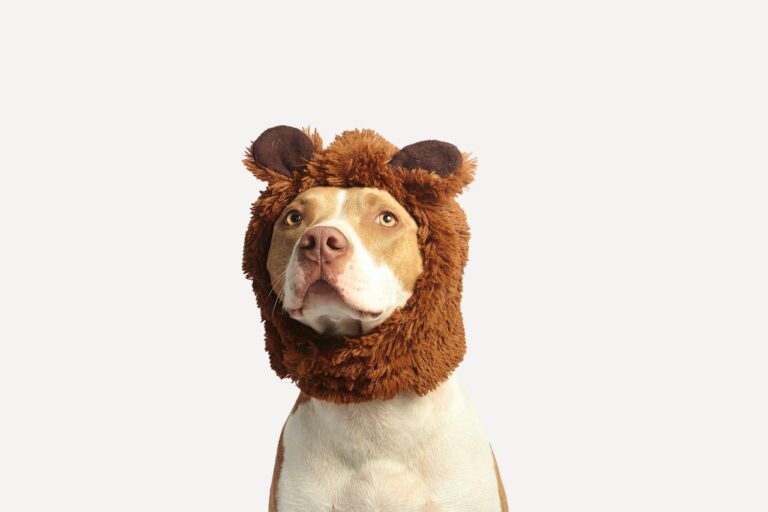
Can Dogs Eat Berries? – Effects, How to, FAQs & More
Berries are small, fleshy, and colorful fruit entities, such as blueberries or strawberries. They’re rich in antioxidants, vitamins, and fiber. When considering feeding dogs, some berries like blueberries can be a healthy and safe treat in moderation, providing nutritional benefits.









